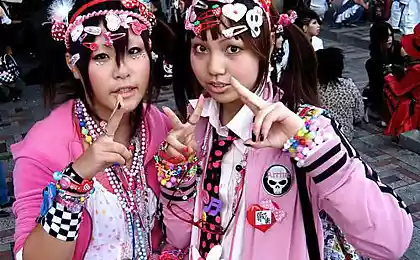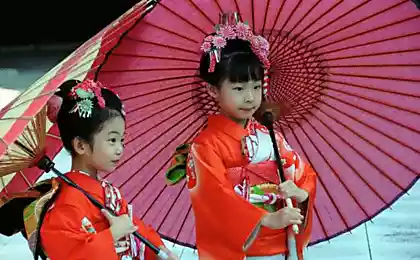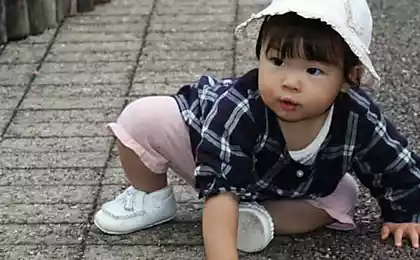2570
How to bring up children the Japanese, they do not cry and always obey?
Site publishes an article of the magazine «You!» To a very interesting and one can even say vital topic parenting. The whole world admires the Japanese restraint, hard work, education and perseverance, but the Japanese are like that? It is necessary to take note of some features of the education of children in Japan. The most basic fact, which strikes the visitor of Japan, is that children if do not act up, and their parents do not abuse. How is this happening and how does this understanding between generations can be understood by a closer to get accustomed to how and with what settings are raising children in this country.
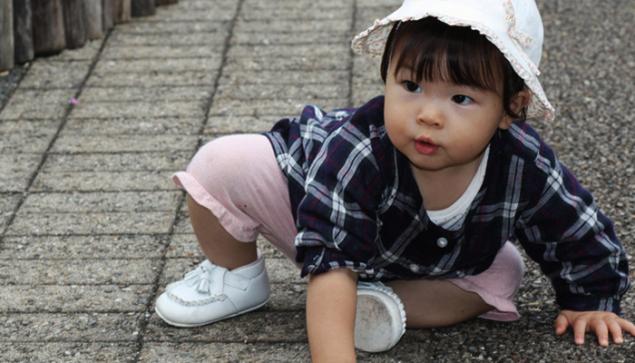
Since ancient times, Japanese women have been unable to share the work, for example in the field and at home and raise children, so they are doing it at the same time. Baby primatyvalsya to mum a special piece of cloth and She accompanied her during all sessions. This mother never ceased to voice what she was doing, and talk with your child, allowing him to feel involved in all processes and constantly evolve. It is a frequent occurrence in Japan was when young children first learned to speak, and then - walk
.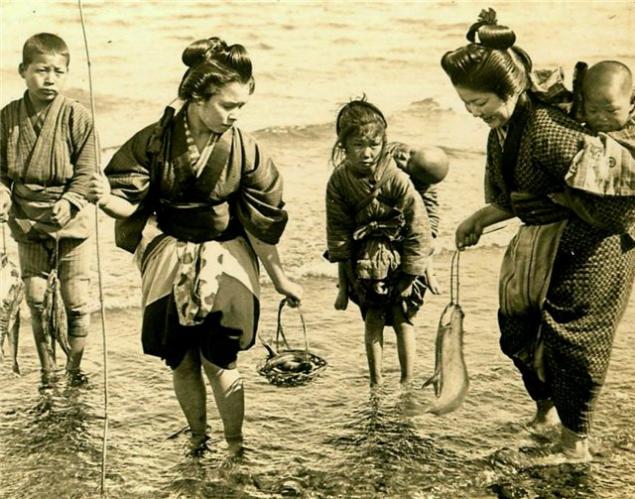
Tradition carry everywhere with them crumbs and talk to him at the same time preserved to this day. In Japan, the stores there is a range of clothing, it was convenient to wear a baby. This large pockets, and special slings, and even a large jacket with two hoods.
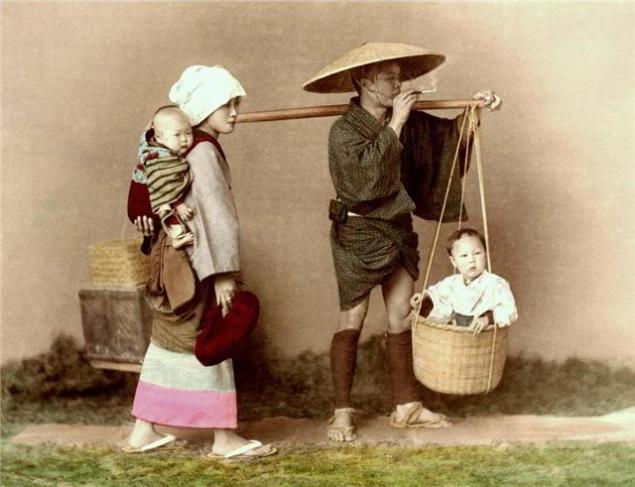
In modern Japan, the children do not only women. In the order of things, when worn with a baby and a man and a lisp. This country is not accepted to deny children in the attention and bodily contact. Even they sleep with their parents up to ten years.
Also it is necessary to take into account the fact that children are inculcated the notion that the do not disturb others, to behave quietly, politely, like all the others. The Japanese do not express their words, emotions, and show discontent with the help of look and tone. Children can accurately recognize that parents do not approve of their behavior, and often tries to correct.
In today's world of Japanese women with young children or do not work at all or find the position with fewer hours to devote themselves to the child.
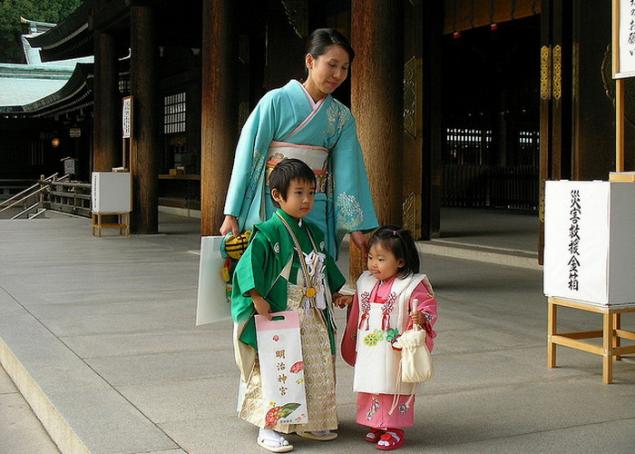
Summarizing, we can say that in Japan, children receive a large number of parental warmth, love and care, it is likely to affect their future sense of self. Also, due to cultural characteristics, they do not express their emotions rapidly and trying to be quiet, and therefore cry much less.
via you-journal.ru/cognitive/psychology/kak-vospityvayut-detej-yaponcy-chto-oni-ne-plachut-i-vo-vsem-slushayutsya

Since ancient times, Japanese women have been unable to share the work, for example in the field and at home and raise children, so they are doing it at the same time. Baby primatyvalsya to mum a special piece of cloth and She accompanied her during all sessions. This mother never ceased to voice what she was doing, and talk with your child, allowing him to feel involved in all processes and constantly evolve. It is a frequent occurrence in Japan was when young children first learned to speak, and then - walk
.

Tradition carry everywhere with them crumbs and talk to him at the same time preserved to this day. In Japan, the stores there is a range of clothing, it was convenient to wear a baby. This large pockets, and special slings, and even a large jacket with two hoods.

In modern Japan, the children do not only women. In the order of things, when worn with a baby and a man and a lisp. This country is not accepted to deny children in the attention and bodily contact. Even they sleep with their parents up to ten years.
Also it is necessary to take into account the fact that children are inculcated the notion that the do not disturb others, to behave quietly, politely, like all the others. The Japanese do not express their words, emotions, and show discontent with the help of look and tone. Children can accurately recognize that parents do not approve of their behavior, and often tries to correct.
In today's world of Japanese women with young children or do not work at all or find the position with fewer hours to devote themselves to the child.

Summarizing, we can say that in Japan, children receive a large number of parental warmth, love and care, it is likely to affect their future sense of self. Also, due to cultural characteristics, they do not express their emotions rapidly and trying to be quiet, and therefore cry much less.
via you-journal.ru/cognitive/psychology/kak-vospityvayut-detej-yaponcy-chto-oni-ne-plachut-i-vo-vsem-slushayutsya
This man began training at age 50 and has reached amazing results!
That's what the numbers on the labels, which can be found on the fruit!
